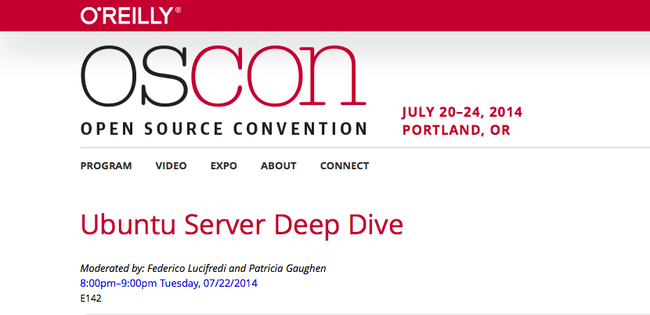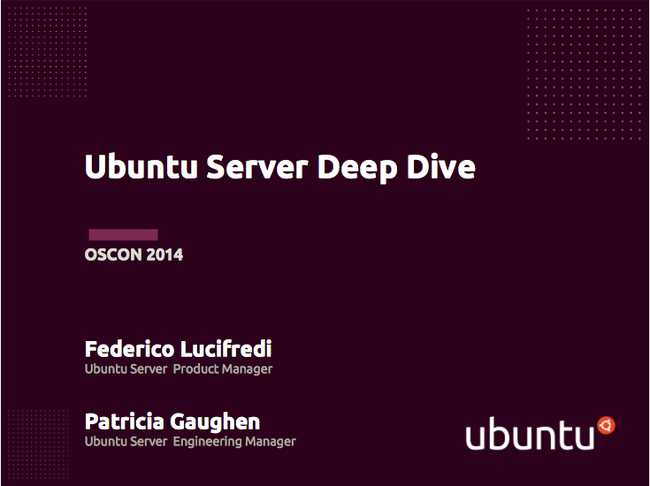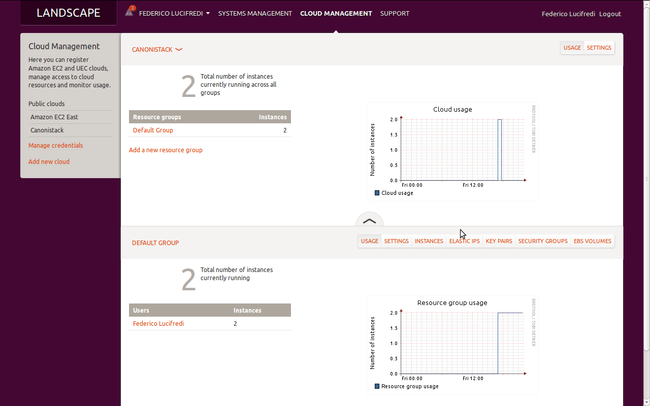Putting your OpenStack on Autopilot
Download your personal cloud architect
Last week, we released the Canonical Distribution of Ubuntu OpenStack beta. Consistent with Ubuntu’s heritage of making hard things simple, we created an intuitive way to provision our best-practices reference architecture of OpenStack, straight from bare metal, and to do it in a shorter time than you will take for your lunch break today.
We designed an intelligent OpenStack installer that is part of Landscape, our Ubuntu systems management product. This is a fully automated reference OpenStack deployment capability, built right into our systems management platform. We created it using Juju, Canonical’s amazing service orchestration technology.
With just a few clicks, any user can build a cloud reflecting the best practices learned through years of work by Canonical Technical Services’ cloud consultants while engaged in designing and building...








